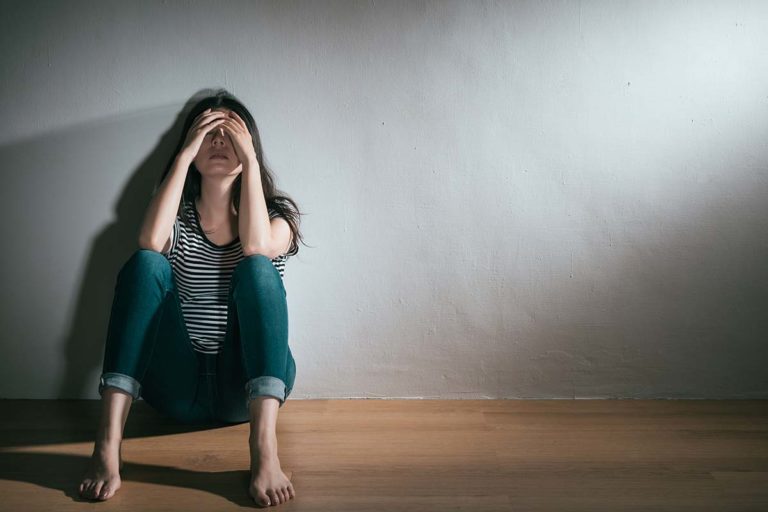At Liberty Bay Recovery, our main focus is helping people who are struggling with substance use disorder. However, it is important to be aware of symptoms that may indicate a mental health concern, such as bipolar disorder. The early signs of bipolar disorder can be easy to miss, especially if you don’t know what you’re looking for. Bipolar disorder is a mental health condition in which drastic mood changes cause periods of extreme highs, often referred to as mania, and deep low periods of depression. While bipolar disorder is a lifelong condition, it doesn’t have to be a life sentence. With bipolar disorder treatment, you can manage your condition, prevent these extreme highs and lows, and live a normal life. The signs of bipolar disorder may look different for each person, though some are common across the board. Understanding what these signs look like is the first step to preventing a full-on mood episode. At Liberty Bay Recovery Center, we offer compassionate bipolar disorder treatment centered on dignity and respect. If you’re showing the signs of bipolar disorder, we’re here to help. Call Liberty Bay Recovery Center at (855) 607-8758 for more information.
Early Signs of Bipolar Disorder
Bipolar disorder symptoms can start at any age. While sometimes the result of a traumatic incident, it can also result from brain chemistry or genetics. All of these factors can make the early signs of bipolar disorder easy to miss as you may not know to be watching for them. As bipolar disorder covers a broad range of moods, touching on each far end of the spectrum, you may see symptoms on either side. Here are some of the most common indicators:
Manic Signs of Bipolar Disorder
- Difficulty falling asleep or staying asleep
- Trouble focusing on a single task
- Heightened sex drive
- Impulsive behavior
- Shorter temper than usual and emotional outbursts
- Unexplained, exciting bouts of joy
Depressive Signs of Bipolar Disorder
- Feelings of sadness or hopelessness
- Inability to feel pleasure
- Fatigue
- Thoughts of suicide
- Feelings of worthlessness, hopelessness, or guilt
- Indecisiveness
- Sleeping too much or not at all
These symptoms will stand in stark contrast to your usual behavior. If you detect these signs in yourself or someone close to you, it’s time to seek help. With care and treatment, the type of bipolar disorder can be quickly diagnosed early, making it easier to manage.
Types of Bipolar Disorder
There are two types of bipolar disorder, with a couple of variations. Most people will fall into the two main categories of either Bipolar I or Bipolar II.
Bipolar I
Bipolar I symptoms involve clear shifts in behavior that escalate quickly. With bipolar I, manic phases are extreme and can even lead to a trip to the ER if the condition goes untreated.
Bipolar I is easily recognizable by the marked manic phases that can last more than a week at a time. Though depressive episodes are a part of bipolar I, they aren’t necessary to make a bipolar I diagnosis.
Bipolar II
Bipolar II also has manic and depressive phases, but the manic phases are significantly less drastic than bipolar I. This type is more recognizable by the depressive phases. Bipolar II’s will have had one depressive episode and one hypomanic phase, a less severe form of the bipolar I manic phase.
Why Early Detection Is So Important
Untreated bipolar disorder can incur a wide range of consequences, from hospital visits to complications in one’s personal life. The sooner you get a diagnosis, the less impact it will make in your life. Catching bipolar disorder early means that diagnosis and personalized treatment occur sooner, making the process of handling this condition much easier.
Liberty Bay Recovery
At Liberty Bay Recovery in Portland, Maine, we understand that addiction treatment isn’t one-size-fits-all. If you are struggling with substance use disorder, join us in the following treatment programs:
- Inpatient detox
- Drug rehabilitation
- Alcohol rehabilitation
Our compassion-based approach to therapy zeros in on your unique condition and works to find solutions that work best for you. Contact the dedicated mental health professionals at Liberty Bay Recovery by calling (855) 607-8758 or using the online form.




